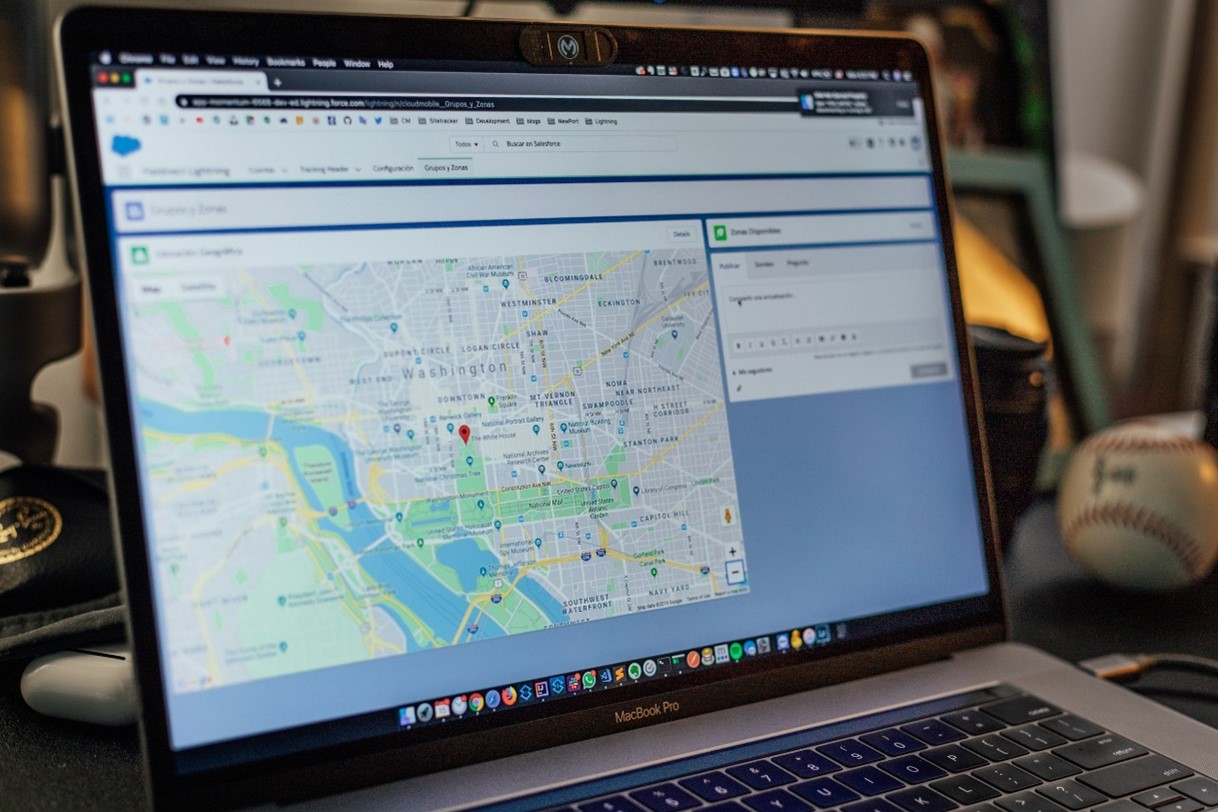Traveling alone can be an exciting adventure for anyone willing to embark on the journey. Picking your own accommodations, planning a personalized itinerary and the freedom of spontaneity are just some of the perks of this type of travel. However, there is something to be said for the comfort of traveling with a group, family and friends or an organization that can be hard to match on an individual basis.
Luckily, solo travel doesn’t have to be intimidating. With the vast amount of accessible information floating around on the Internet, the key to solo traveling is just that: research. Preparation before arriving is important, so here are six topics every traveler should investigate when planning a solo trip.
Surrounding Areas
While a traveler may have one specific destination in mind, it’s natural to deviate to surrounding areas and want to explore as much as possible. But remember, just because the current area meets personal safety standards, doesn’t mean that another sector a couple blocks away will. Travelers should take some time to figure out what boundaries they’re comfortable staying in and which parts they’d like to avoid.

Planning a rough itinerary prior to departure is recommended as this helps travelers feel more secure when moving around to different activities and attractions throughout the day. By personally vetting the locations beforehand, visitors don’t have to waste precious time researching whether they should or shouldn’t go someplace.
Referring to other travel blogs and websites from people who have previously visited that particular destination is a great resource for input on this topic. Gathering firsthand accounts from real people can help enhance that sense of security and ease traveler’s minds.
Relevant Tourist Scams
Another important safety precaution, finding out if there are any notorious tourist scams occurring in the area and what they look like, is crucial. International scams can vary greatly in approach so investigating typical behaviors of local scammers can help travelers discern what a genuine community vendor looks like.
Some scams are designed as pickpocketing ploys while others try to intimidate travelers into purchasing overpriced trinkets. Knowing the details of relevant scams proves to be beneficial for solo travelers as they are better equipped to respond appropriately. A basic understanding of local currency is also valuable in these scenarios as visitors can evaluate if something is fairly priced.
Required Documents

Having the necessary travel documents is perhaps a given whether someone is traveling alone or in a group, but it’s especially important for solo travelers who could find themselves in a bind otherwise. The last thing any traveler wants is to be stranded in a foreign country with limited resources and help because a document got lost or forgotten. Keeping the information organized and protected is key to a smooth arrival and departure.
US citizens might consider registering with the free STEP program prior to departing. This documents a traveler’s whereabouts so should there be an emergency, the government can offer more assistance.
Transportation Arrangements
For solo travelers, having appropriate transportation arrangements figured out is about more than efficiency during the trip. Showing up unprepared and in a time-sensitive situation could put pressure on travelers to make a rash, unsafe decision regarding who they’re trusting to take them from point A to point B.
While plans inevitably change and hiccups are bound to happen, knowing the reputable transportation services is an extra layer of protection. With the itinerary in mind, travelers should consider researching how they will get from the airport to their lodging arrangements and what public transportation is available, especially if passes are needed.
Lodging Arrangements
Arguably the hardest part of planning a solo trip, finding lodging accommodations for one can prove to be a difficult task. Double rooms are fairly standard in hotels, so individual travelers may find themselves paying a more expensive rate per night since the cost isn’t getting split.

However, there are other available options for lodging that might be more budget friendly. For example, at a hostel, solo travelers can book a single bunk, and this shared living arrangement provides the opportunity for travelers to meet other people just like them.
Homestays might also be a consideration in which visitors temporarily lodge with a host. Renting out a single room provides a more private sleeping arrangement while also connecting travelers with locals. Homestays may be untraditional but ultimately prove to be an effective immersive experience.
Group Travel
Likely one of the most intimidating factors of solo travel is being alone for the entirety of the trip. Group travel is a way to connect solo travelers with people from all over the world who want to visit the same destination. This type of travel completely removes the stress of planning a trip alone, as details like the itinerary, lodging arrangements and transportation are already mapped out.
Tour guides are along for the ride as well, answering questions and offering recommendations. These groups are also fairly intimate in size and can sometimes even be filtered by gender, age or geographic location so that travelers can personalize their experience. Group travel may not be for everyone, but it’s an option worth considering for those who want some extra company on their adventures.






comments